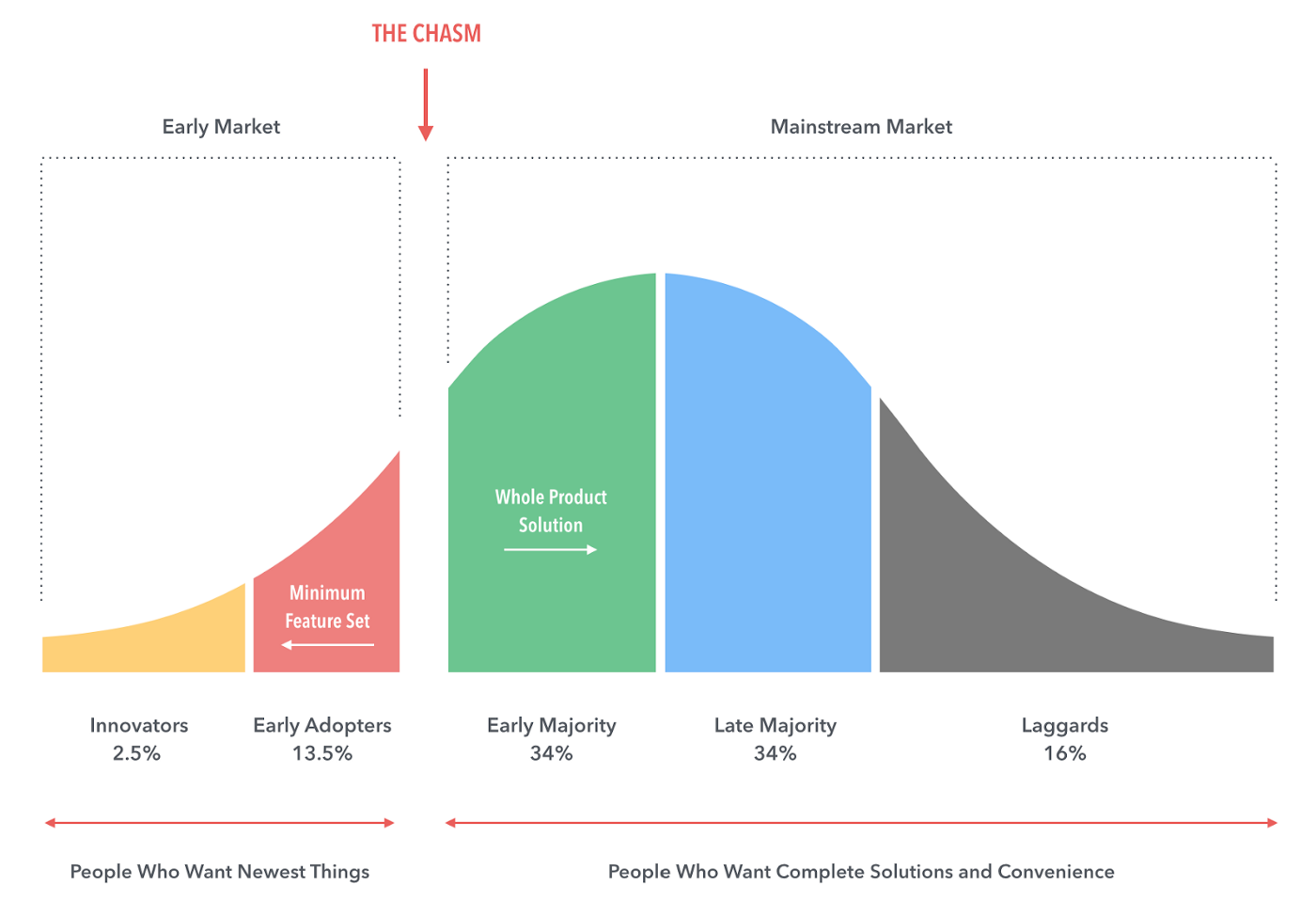We are in a generation which romanticizes entrepreneurship a lot and presents as an asset the fact of leaving “everything”, overnight, to start your own business and “employ your boss”.
This way of seeing entrepreneurship hides the fact that it is an extremely difficult adventure which has a success rate of only 20% in Cameroon.
So you have just watched this France 24 documentary on Madiba Olivier the CEO of Kiro’o Games. The first Cameroonian video game studio and in Africa author of the hit game “Aurion: The Legacy of Kori-Odan” already available and playable on PC.
Or you just read this BBC article on Alain Ekambi CEO of Dikalo, the leading Cameroonian social network which already has 100,000 users with nearly 85 million messages exchanged and which is already preinstalled on Made In Africa Kunfabo smartphones.
Or finally, you were ecstatic by this magnificent innovation by Flavien Kouatcha Simo CEO of Save Our Agriculture the Cameroonian agricultural company. Which popularized aquaponics, a revolutionary technique that allows the cultivation of plants and the breeding of fish in the same device, without using fertilizers.
Beware, entrepreneurship is probably one of the most difficult ways to do things in your life, whether it’s solving a problem Cameroonians are having or simply making a lot of money.
Certainly, you will not know this when you go to start your startup.
And that all that will matter is that adrenaline that rises every time you explain to someone how your solution, like the ones mentioned above, will revolutionize the daily life of Cameroonians, Africans and the world.
Before you get started and start your Cameroonian startup, here are 5 good reasons to encourage you not to suddenly quit your current job.
# 1 — you will need the money and your job is a source of income
When you are going to start your startup, you are going to need the money to do several things.
Whether it is to pay salaries, produce the first services, buy equipment, buy inputs, buy land to be exploited or rented, and many other things besides.

Therefore, You will have a strong need for money and you will certainly not have the possibility of having as much as you want., whether through bank and personal loans or tontines.
For the simple reason that you are still at the beginning of your startup and that you have not yet proven yourself to effectively convince your future creditors.
So keeping your job is also having a source of income which, at a minimum, will allow you not to have to think about how to manage your business and your personal, family and food expenses at the same time.
Have rigorous financial management of your salary.
Get inspired by this video on managing personal finances based on 6 accounts.
By doing so, you will be able to effectively free up, from this salary, enough money to “test” the waters in your entrepreneurial project and identify how it could work.
I strongly recommend that you do not put your life in precariousness by suddenly quitting your current job, especially if you have a family and children because NOTHING is certain with entrepreneurship.
# 2 — It gives you time to change your mind if entrepreneurship isn’t for you
There are two categories of person profiles.
The first category is made up of people who have a passion for risk-taking and exploring the unknown.
These are people who are quite comfortable with things they don’t know and who are ready and have the patience to try to understand and move on to new horizons.
When these people talk about their projects, they use additive conjunctions such as the word “and” a lot to connect the articulations of their projects.
For example, we will launch our first test in Douala and we will search for suppliers in the region and we will negotiate the best purchase prices.
What matters to them is seizing the opportunity!
The second category is made up of people who have a passion for execution and pragmatism.
These are people who prefer things to be well defined and who put the maximum effort to achieve well-identified objectives upstream.
When these people talk about their projects, they use disjunctive conjunctions such as the word “but” a lot to show the risk in the articulations of their projects.
For example, we are going to launch our first test in Douala but we will first look for suppliers in the region but we must negotiate the best purchase prices.
What matters to them is risk control!

These two profiles are linked to personality. Depending on the sector of activity in which you are going to embark in Cameroon.
You may find yourself in a virgin sector (unknown to the public), unstructured and very unorganized. Like selling bus tickets online.
The pristine sectors of activity will require an adventurous, reckless and obstinate spirit from you.
Or, on the contrary, you may find yourself in a mainstream sector (well known to the public), relatively structured and well organized. Like agriculture.
Mainstream lines of business are going to require a sense of organization, execution, planning and discipline.
Likely we do not yet have the personality traits required in your startup’s industry. You may need to take some time to build and develop these traits within yourself.
Keeping your job in these cases is going to be a great asset because you will be able to work on yourself while continuing to receive your salary.
# 3 — It allows you to keep contacts in your industry
Know that entrepreneurship is a human activity, just like your job.
In your current job you have met people, you have made friends, you have made connections and you have also built a reputation.
Therefore, You must work on the transition from your status as an employee to that of an entrepreneur.
This has a lot of benefits for you.
The most obvious is to easily conquer your Early Market, ie 16% of your market. Indeed, the Early Market is made up mostly of people who know you and those who are looking for new things.
These people are ready to use the first, not yet perfect versions of your startup’s products, and they’ll easily share their feedback, which will allow you to quickly improve your products.

Your future former colleagues and employers represent a potentially large part of your Early Market. So pay attention to them!
Once you are self-employed you are going to need clients, and clients who come from your former life or job are generally easier to obtain.
You cannot afford to underestimate this portion of the market.
Work well on your relationships, do not suddenly quit your job, take the trouble to maintain good relations with these potential future clients.
# 4 — you have a broad perspective as an employer/employee
As an entrepreneur, you will most likely become an employer. Either because you won’t have a lot of time to do things yourself or simply because you won’t be able to do them yourself.
Therefore, You will have to employ one or more people and the perspective you will have with these people will be that of an employer.
This perspective will essentially be that of having responsibilities towards those people who are now working for you.
By keeping your job, you will have two different points of view. An employee’s perspective at your current job and an employer’s perspective at your startup.

This situation has at least two advantages.
Firstly, you will be able to feel what a good employee is for you because you will have very specific expectations towards your employees.
You will then be able to develop these expectations yourself towards your current employer. That will enrich your current experience in your job.
Second, you will know how to identify which employee profile you can look for because you will be able to put yourself in the employee’s shoes very easily.
And you will know how to detect in him a spirit of initiative, autonomy, good time management that are characteristics that are important in your startup beyond technical competence.
Therefore, You have a wealth of experience which can enable you to know how to recruit your staff afterwards, because you are currently yourself, still, an employee.
This employer/employee perspective allows you to realize that you still have a lot to learn from your current employer.
That is a great opportunity.
Make the most of the time you have as an employee. Don’t look at your employer only as of the one who pays you at the end of the month.
Now you can put yourself in his or her shoes and watch how he or she handles everyday situations.
By observing his experience of your employer, learn how to run (or not run) your own young business.
# 5 — You move forward patiently, which is an asset in entrepreneurship in Cameroon
In the context of Cameroon, 90% of the active force is in the informal sector
This means that the risk is huge in these industries because there are a lot of things that are not yet structured.
To this must be added the unpredictability of the Cameroonian daily life, long power or water cuts can have a very big impact on your activity.
Delays due to traffic jams or delays in performing administrative tasks will seriously damage the reputation of your young startup.
The day-to-day management in your Cameroonian startup will have a great impact on your motivation, your energy and on the viability of your activity.
Know that this impact, you cannot yet neither suspect it nor imagine it.

So give yourself time to prepare for a long battle, the slower you go the better.
“Slowly” does not mean that you do nothing, on the contrary, you take the time to observe and study your market, your sector of activity and the local and empirical realities (not theoretical).
Talk to prospects to find out if your product might interest them.
You don’t need to have the means to speak to 100,000 prospects, by speaking with a few dozen selected clients outside of your circle, you can already realize the difficulty you will have from the start on the field.
By being patient you allow yourself to better understand the scope of the tasks to be done and to better start your business.
It will be an asset to do this analytical work at the same time as you still have your job, that is to say, a salary that is paid to you each month.
Conclusion
Your job is a great source of income that you must learn to put at the service of your entrepreneurial project.
By abruptly quitting your job, you risk putting a lot of stress on your daily life.
Don’t quit your job abruptly, because your former colleagues and employers are likely your next clients. So the relationship you keep with them is a good thing.
Rigorously manage your salary-related finances to slowly start your startup.
In addition to allowing you to analyze your industry more precisely, it allows you to know if entrepreneurship is right for you or not at all.
Know this, once the passion of the startup has passed, entrepreneurship is generally not something that everyone likes.
Did I miss another reason that you also find interesting?
I would love to hear your thoughts, suggestions and your feedback. do not hesitate to make a Private Message on my Twitter account
If you found this article useful I would appreciate it if you could help me share it with more people.
Good day to you and above all know that you have more strength than you imagine!